
Job interviews often include a critical moment when candidates are asked to explain why they stand out among other applicants. This is a valuable opportunity to demonstrate key qualities that make an individual a perfect fit for the role. Understanding how to present one’s strengths can leave a lasting impression on potential employers.
Whether it’s showcasing problem-solving abilities, communication skills, or enthusiasm for new challenges, being able to clearly highlight these qualities can make all the difference. The ability to effectively express what sets someone apart is an essential part of the selection process, particularly for those just entering the workforce.
Confidence and preparation play a huge role in how well someone is able to convey their value. Each response offers a chance to reflect on past experiences, academic achievements, and personal growth, which contribute to making a compelling case for any opportunity that arises.
Why Employers Ask Why Should We Hire You
When employers pose this question during an interview, they are trying to gauge an applicant’s self-awareness, confidence, and understanding of their value within a potential role. It’s an opportunity to see how well candidates can align their skills and personal attributes with the needs of the company.
By asking this, employers want to hear how well a person understands the challenges of the position and what unique perspectives they can bring to the table. It’s also a way to evaluate how effectively someone can communicate their strengths and achievements, both academic and personal.
Confidence in this moment demonstrates an individual’s belief in their own abilities, while the content of their response highlights how they have prepared for the position. This question is often a key deciding factor in determining if a candidate has the right qualities to succeed in the role and within the company culture.
Understanding the Importance of This Question
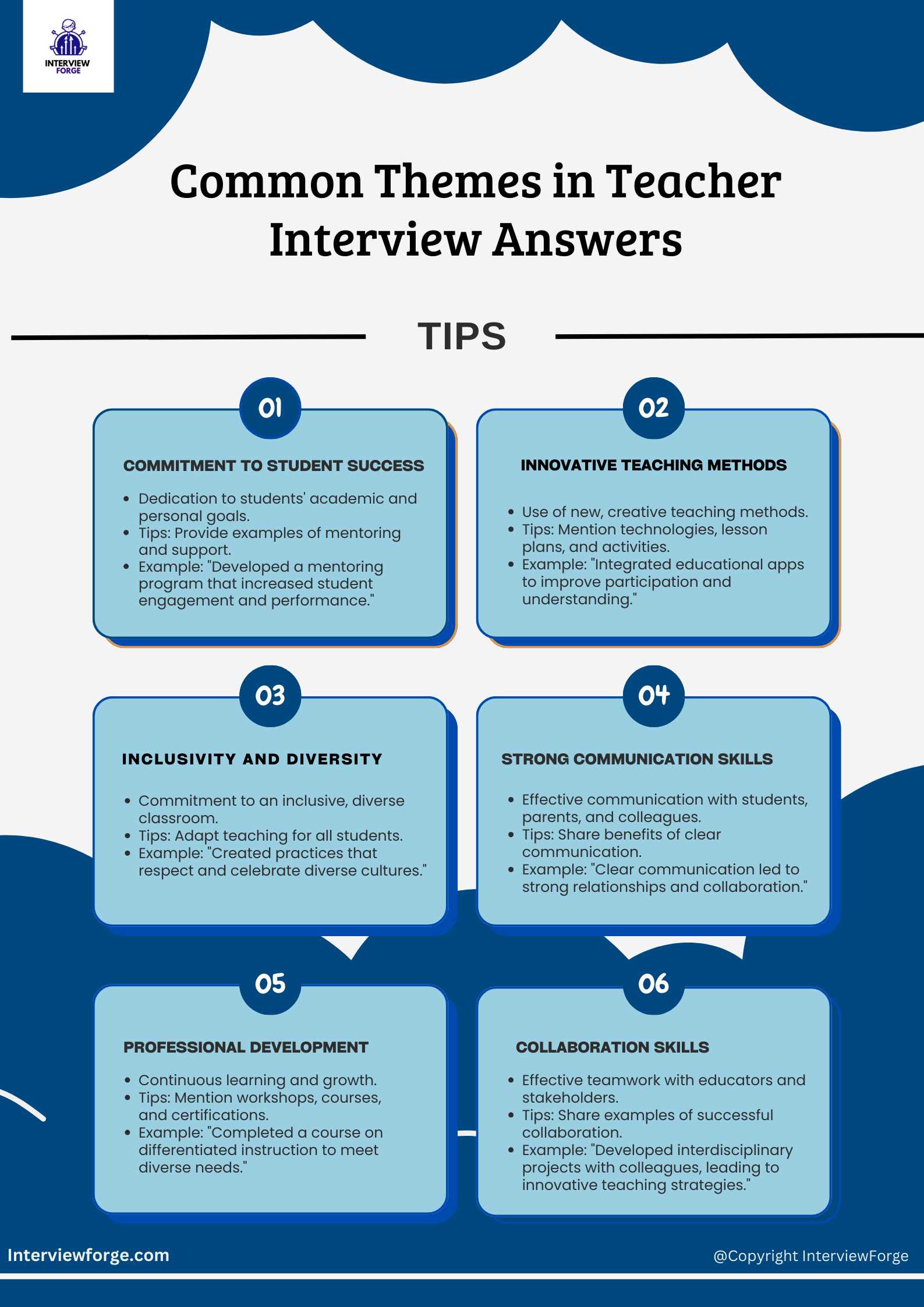
This question is a pivotal moment in the interview process, offering candidates the chance to differentiate themselves. It challenges applicants to reflect on their qualities and showcase how they can contribute to the organization. Employers use it to assess whether the individual possesses the right skills, mindset, and enthusiasm to excel in the role.
By addressing this inquiry effectively, candidates have the opportunity to connect their abilities with the specific needs of the job. It reveals not only how well-prepared an individual is but also how well they understand the company’s goals and values. Crafting a thoughtful response can highlight the candidate’s potential for long-term success within the organization.
Key Traits Fresh Graduates Should Highlight
When entering the job market, new professionals need to emphasize certain qualities that demonstrate their potential to succeed. These traits not only showcase an individual’s skills but also reveal their ability to adapt, learn quickly, and contribute meaningfully to a team. Employers are looking for candidates who are eager to grow and who can bring fresh perspectives to the workplace.
Key attributes such as strong problem-solving abilities, communication skills, and a solid work ethic are essential. In addition, highlighting a willingness to learn and adapt to new environments shows that the individual is prepared for the challenges that lie ahead. Candidates who can convey these qualities effectively increase their chances of standing out in a competitive job market.
Crafting a Strong First Impression
In any interview, the initial moments are crucial for setting the tone and establishing a connection with the interviewer. The first impression often influences how the rest of the conversation will unfold, making it essential for candidates to present themselves confidently and professionally. From body language to verbal communication, how one begins can have a lasting impact.
Non-Verbal Cues Matter
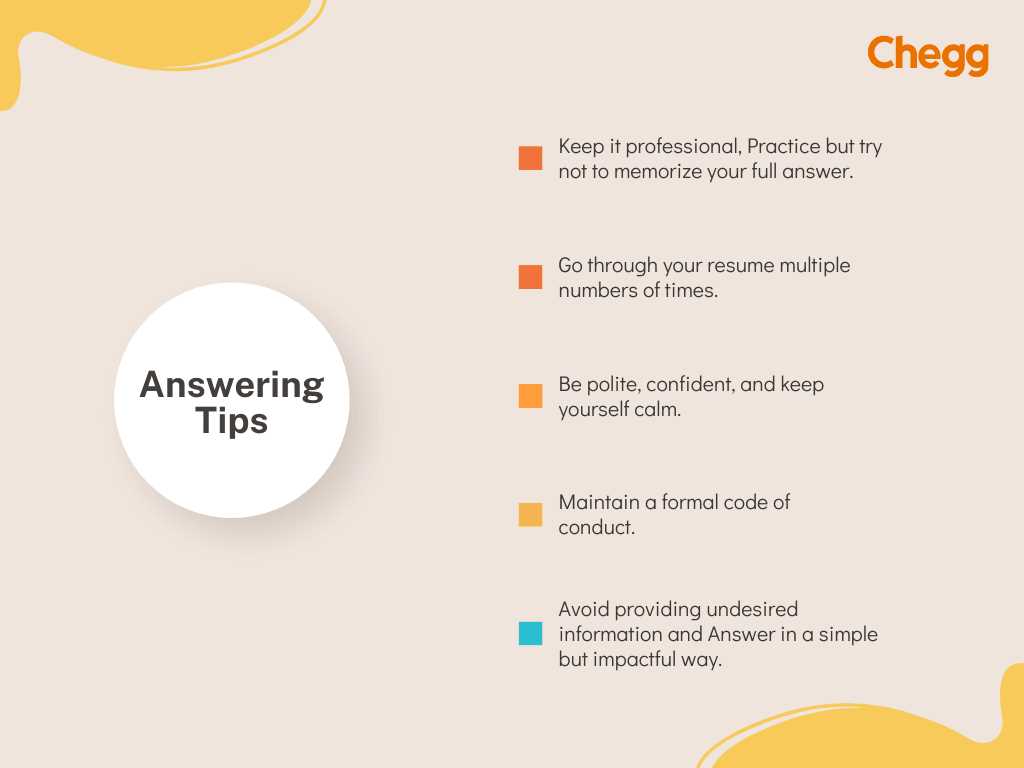
Body language plays a significant role in how others perceive us. A firm handshake, maintaining eye contact, and sitting up straight convey confidence and professionalism. These small actions can help establish trust and set a positive atmosphere right from the start.
Verbal Communication and Clarity
Clear, concise speech is just as important as non-verbal cues. Speaking confidently, yet with humility, helps to build rapport with the interviewer. A strong introduction that highlights key attributes and relevant experiences can set a solid foundation for the entire discussion.
| Non-Verbal Cues | Verbal Communication |
|---|---|
| Firm handshake | Clear, concise introduction |
| Eye contact | Confident, positive tone |
| Good posture | Express enthusiasm and interest |
Mastering both aspects of communication ensures a confident entry into the conversation, allowing the candidate to start strong and make a memorable impression. This balance of verbal and non-verbal elements is vital in establishing credibility and engagement from the very beginning.
Tailoring Your Response to the Job
When responding to a question about why you’re the right fit for a role, it’s crucial to align your skills, experiences, and ambitions with the specific requirements of the position. Employers want to see that candidates not only have the qualifications but also a genuine understanding of the job and how they can contribute to the organization’s success.
Each role has its own unique set of responsibilities and expectations. By customizing your response to reflect how your background meets these needs, you demonstrate both your preparedness and enthusiasm. Researching the job description and company values beforehand will help you pinpoint the key attributes to emphasize, ensuring your response feels relevant and impactful.
For example, if the role emphasizes teamwork and collaboration, you might highlight your experiences working in groups during your studies or internships. If problem-solving is a key part of the job, you could reference situations where you’ve tackled challenges effectively. Tailoring your response not only shows that you’re ready for the role, but also that you understand the company’s culture and goals.
How to Showcase Your Skills Effectively
Effectively presenting your abilities is crucial in convincing employers that you’re well-suited for the role. It’s not enough to simply list your skills; you must demonstrate how these abilities align with the company’s needs and how they can contribute to your success within the role. The key lies in providing concrete examples and showing how your skills have been applied in real-world situations.
Here are some strategies for showcasing your strengths:
- Provide specific examples: Rather than stating you’re a good communicator, share instances where your communication skills helped achieve a goal, such as leading a team project or presenting findings to an audience.
- Quantify achievements: Whenever possible, use numbers or statistics to highlight the impact of your skills. For example, mention increasing productivity by 20% or managing a project that resulted in a successful outcome.
- Focus on transferable skills: Even if you don’t have direct work experience in the field, focus on the skills you gained during internships, volunteer work, or academic projects that are applicable to the position.
- Link skills to the job requirements: Review the job description and tailor your examples to match the key qualifications the employer is seeking. This shows that you’ve done your homework and understand the role’s needs.
By highlighting your skills through examples and tying them directly to the position, you demonstrate not only your qualifications but also your proactive approach to problem-solving and your ability to add value to the company right from the start.
Importance of Confidence in Your Response
Confidence plays a crucial role in how your response is perceived during an interview. A confident demeanor demonstrates that you believe in your abilities, which reassures employers that you can handle the challenges of the job. It’s not about arrogance, but rather about conveying assurance in your skills and readiness to take on new responsibilities.
When you respond with confidence, it shows that you are self-assured and capable of thriving in a professional setting. Here’s how confidence can positively impact your interview:
- Increases trust: Employers are more likely to trust a candidate who expresses confidence, as they appear reliable and competent in their abilities.
- Helps overcome nervousness: Displaying confidence can help alleviate any nervousness, ensuring that you are able to articulate your thoughts clearly and effectively.
- Shows readiness: A confident tone communicates that you are prepared to take on the role and contribute to the company’s success from day one.
- Encourages engagement: Confident candidates tend to be more engaging in conversations, which creates a positive rapport with the interviewer.
Being confident doesn’t mean pretending to know everything, but rather owning what you do know and how it applies to the position. A balanced display of confidence, combined with humility and preparedness, can significantly enhance the impact of your response.
Demonstrating Eagerness to Learn

One of the most valuable qualities a candidate can showcase is a genuine desire to grow and develop within the role. Employers highly value individuals who are eager to acquire new knowledge, as it indicates adaptability and long-term potential. The willingness to learn not only benefits the employee but also contributes to the success of the organization.
Why Employers Value Learning Enthusiasm
Hiring managers often seek candidates who are open to new ideas and challenges. An eagerness to learn signals that you are committed to self-improvement and proactive in seeking out opportunities for growth. It also suggests that you will be able to adapt quickly in a dynamic work environment, which is essential for success in any role.
Ways to Show Your Willingness to Learn

- Highlight learning experiences: Share examples from your education, internships, or extracurricular activities where you actively sought to expand your knowledge or skills.
- Discuss future learning goals: Explain areas where you’re keen to develop further and how the role aligns with your learning objectives.
- Show adaptability: Mention how you’ve successfully adapted to new environments or technologies in the past and your approach to tackling unfamiliar tasks.
- Ask insightful questions: During the interview, asking thoughtful questions about the role and company can demonstrate your curiosity and interest in learning more.
By emphasizing your eagerness to learn, you convey a growth mindset that is highly valued by employers. This attitude not only shows that you’re ready for the challenges ahead but also positions you as someone who will continue to add value as you progress in your career.
Why Employers Value Fresh Perspectives
Employers are often eager to bring in new talent because they offer fresh ideas, innovative solutions, and unique viewpoints that can revitalize a team or organization. Newcomers, particularly those just starting their professional journeys, can provide a different lens through which to approach challenges, helping to break out of conventional thinking.
Organizations benefit from diverse perspectives as they foster creativity and adaptability. When employees bring in their own experiences, whether from their academic background or previous internships, they contribute to the overall problem-solving capacity of the team. A fresh perspective can encourage innovation, improve decision-making, and enhance the company’s ability to respond to change.
Additionally, new team members often approach tasks with enthusiasm and a willingness to challenge the status quo. This can lead to better collaboration, faster adaptation to new technologies, and an overall positive influence on workplace culture. Employers recognize that bringing in individuals with different ways of thinking can propel the company forward in a competitive market.
Aligning Your Goals with Company Values
For any candidate, demonstrating that personal goals and aspirations are in harmony with a company’s mission and values is crucial. When your objectives align with the organization’s culture, it creates a stronger connection and shows that you will thrive within the work environment. Employers are more likely to bring on board individuals whose ambitions contribute to the overall direction and vision of the company.
Why Alignment Matters
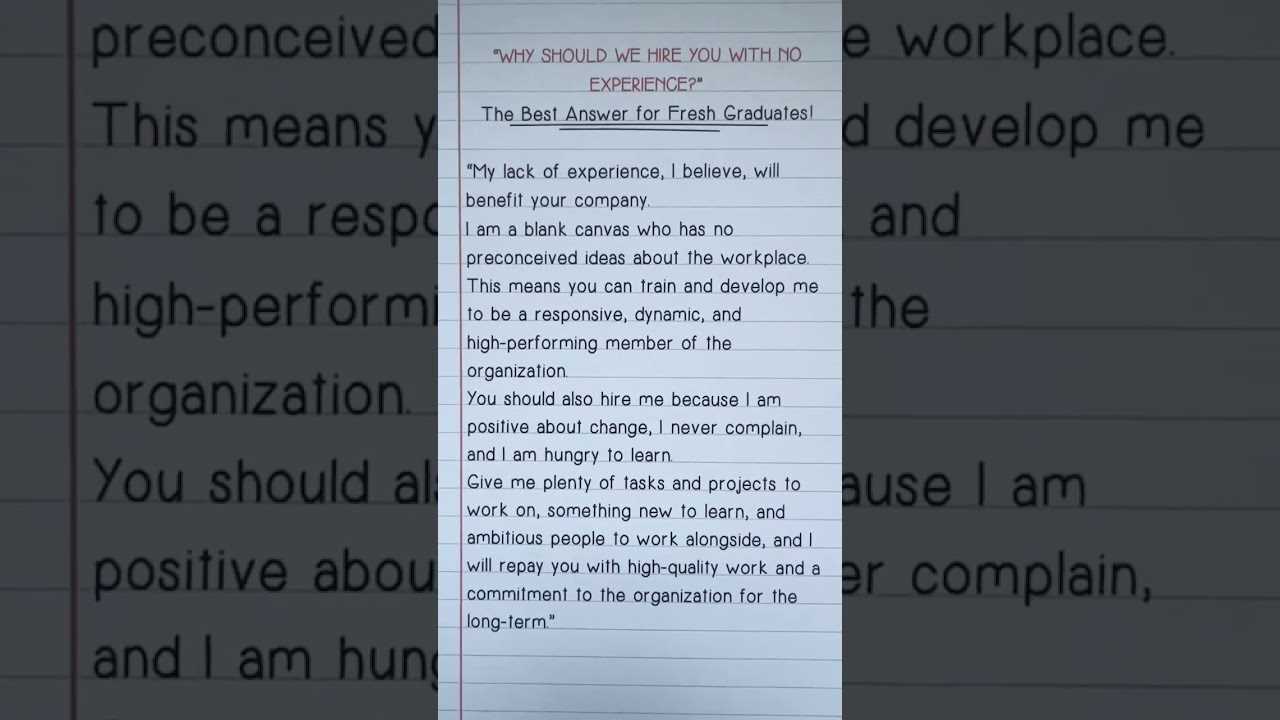
When an individual’s values align with those of the company, it results in higher job satisfaction and long-term success. Both parties benefit from a shared sense of purpose, which leads to greater motivation, better collaboration, and more efficient work. Moreover, this alignment fosters loyalty and reduces turnover, as employees are more likely to stay with an organization where they feel their values are supported.
How to Align Your Goals
- Research company values: Prior to the interview, familiarize yourself with the company’s mission, vision, and culture. Understanding these elements will allow you to tailor your responses to highlight how your values align with theirs.
- Reflect on shared priorities: Consider what aspects of the company’s objectives resonate most with you, whether it’s innovation, community involvement, or a commitment to quality.
- Show long-term commitment: Employers appreciate candidates who are focused on professional growth and how they can evolve within the company’s structure. Discuss how you see your role developing over time in line with the company’s goals.
- Express enthusiasm: Convey genuine excitement about the company’s values and how they motivate you. Demonstrating passion for their mission shows that you’re not just looking for a job, but for a career that aligns with your personal purpose.
By aligning your ambitions with the company’s core values, you signal to the employer that you’re not just a good fit for the role, but for the long-term success of the organization as well. This strengthens your candidacy and makes you a more compelling choice for the position.
How to Show Your Problem-Solving Ability
Demonstrating your ability to solve problems effectively is one of the most powerful ways to stand out in an interview. Employers value candidates who can tackle challenges head-on and find innovative solutions under pressure. Whether it’s a specific project or a hypothetical scenario, showing that you can think critically and approach problems with a clear, structured method can set you apart from other candidates.
Problem-solving skills are crucial in almost every role, from managing tasks to overcoming obstacles in a team environment. Showing how you’ve applied these skills in real-life situations, even during internships or academic projects, will highlight your potential to contribute meaningfully to the company. Below is an approach that can help you present your problem-solving abilities effectively during the interview:
| Step | Action | Example |
|---|---|---|
| 1 | Identify the Problem: Show that you understand the core issue by clearly defining the problem. | In a group project, we faced a time management issue, causing delays. |
| 2 | Analyze the Situation: Break down the situation and analyze the factors contributing to the issue. | We found that miscommunication about deadlines was a significant contributing factor. |
| 3 | Develop Solutions: Come up with multiple possible solutions and weigh the pros and cons of each. | We proposed using project management software to track progress and set clear deadlines. |
| 4 | Implement the Best Solution: Choose the most effective solution and put it into action. | After introducing the software, we were able to meet deadlines and streamline communication. |
| 5 | Review Results: Evaluate the effectiveness of the solution and make adjustments if necessary. | The software helped the team stay on track, and we continuously updated it to improve performance. |
By outlining this problem-solving process clearly in an interview, you demonstrate that you can think strategically, assess situations logically, and take initiative. These are traits employers look for when evaluating candidates for any role, especially in dynamic and fast-paced environments.
Highlighting Your Academic Achievements
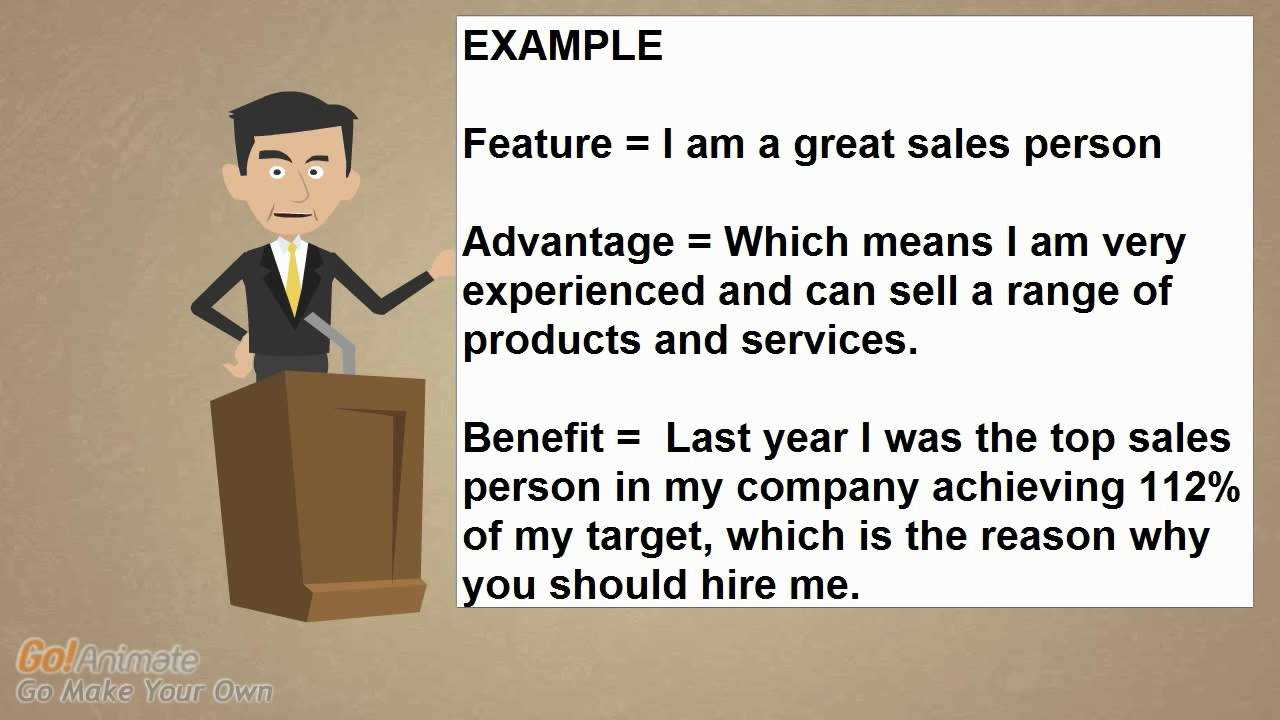
During interviews, showcasing your academic accomplishments is an excellent way to demonstrate your potential to succeed in a professional setting. Your studies not only reflect your ability to grasp new concepts but also highlight qualities such as discipline, problem-solving, and the commitment to personal growth. For individuals early in their careers, these achievements often serve as strong indicators of future success.
When discussing your academic background, it’s important to focus on specific milestones that align with the job role and the company’s needs. This can include outstanding grades, successful projects, relevant coursework, or leadership roles within academic organizations. By emphasizing these achievements, you show that you have the foundational skills and motivation to excel in the workplace.
Here are some ways to effectively present your academic successes:
- Relevant Courses: Mention courses or subjects directly related to the job. This helps show how your education is connected to the work you’ll be doing.
- Key Projects: Discuss any major academic projects where you demonstrated critical thinking, collaboration, and problem-solving.
- Academic Honors: Highlight any awards or honors, such as Dean’s List recognition or scholarships, that reflect your dedication and academic excellence.
- Leadership Roles: If you held leadership positions in student organizations or clubs, mention them to illustrate your ability to take initiative and work in teams.
By focusing on these elements, you can effectively communicate that your academic experience has equipped you with the skills necessary to contribute to the company’s success. This not only reinforces your qualifications but also sets a positive tone for your ability to transition from the classroom to the professional world.
Communicating Your Work Ethic Clearly
In an interview, expressing your work ethic effectively is crucial in demonstrating your commitment and reliability. Employers value candidates who show they are dedicated, disciplined, and capable of managing tasks efficiently. The ability to clearly communicate these traits helps build trust and assures the employer that you can contribute positively to the team.
It’s essential to provide specific examples that highlight your work habits. Instead of merely stating that you’re hardworking, share stories that showcase your perseverance, time management, and ability to meet deadlines. This provides a clearer picture of how you approach challenges and tasks in a professional setting.
Effective Ways to Communicate Your Work Ethic:
- Describe Past Experiences: Discuss moments when you successfully completed difficult tasks or met tight deadlines. This helps illustrate your ability to stay focused and driven under pressure.
- Highlight Consistency: Mention situations where your regular dedication and routine have led to positive results. Employers appreciate a steady, reliable employee.
- Emphasize Team Collaboration: Employers value individuals who work well within teams. Highlight examples of how you’ve supported teammates and contributed to a collective effort.
- Show Initiative: Share instances where you took initiative to go above and beyond what was expected, showing that you’re proactive and eager to take on new challenges.
Demonstrating Commitment to Growth:
- Continuous Learning: Talk about how you’ve pursued additional training or learning opportunities outside of formal education. This demonstrates your motivation for self-improvement and growth.
- Adaptability: Showcase your flexibility and willingness to adapt to new situations or changes in the workplace. This is a valuable trait for employers looking for employees who can handle evolving environments.
By providing concrete examples and aligning your experiences with the needs of the role, you effectively convey a strong work ethic that will make you a compelling candidate in any hiring process.
Explaining Your Internship or Volunteer Experience
When discussing your previous roles, whether through internships or volunteer work, it’s important to focus on the skills and knowledge you gained, as well as how these experiences contribute to your professional growth. Employers understand that many candidates are just starting their careers, so they often look for relevant experiences that demonstrate initiative, responsibility, and the ability to learn quickly.
Internships and volunteer roles are excellent opportunities to develop valuable skills, build connections, and gain real-world exposure to your field. When explaining these experiences, emphasize the tasks you were involved in, the challenges you faced, and the positive outcomes you contributed to. Highlight any leadership, teamwork, or problem-solving situations you encountered, as these are qualities that employers highly value.
For example, if you assisted in organizing events, mention your role in planning, coordinating with teams, and managing timelines. If you were responsible for customer service or interacting with clients, showcase your communication and interpersonal skills. The more specific you can be about your contributions and the impact of your work, the stronger your case will be in showing that you’re prepared for the next step in your career.
Additionally, make sure to connect these experiences to the position you’re applying for. Explain how the skills you developed during these roles align with the job requirements. This will help employers see that you have the potential to transition smoothly into a full-time position.
Showing Adaptability and Flexibility
In today’s rapidly changing work environment, the ability to adjust to new situations, learn quickly, and remain open to different perspectives is essential. Employers seek individuals who can thrive in dynamic settings and take on new challenges with a positive attitude. Demonstrating your capacity to adapt not only shows your resilience but also your willingness to take on responsibilities that may not always be within your immediate expertise.
When explaining how you can adapt, focus on instances where you had to step outside of your comfort zone or manage unexpected changes. Whether it was handling new software, adjusting to a different team structure, or working under tight deadlines, these experiences highlight your ability to learn and grow. Companies value candidates who are eager to take on new tasks and can adjust quickly to shifts in priorities or working conditions.
To show adaptability, provide examples of how you’ve successfully navigated new environments or projects in the past. This could include taking on roles in different areas, dealing with changing project requirements, or shifting your approach to meet team needs. Emphasize how these experiences have prepared you to take on the challenges the role demands.
Practicing Your Answer for Clarity
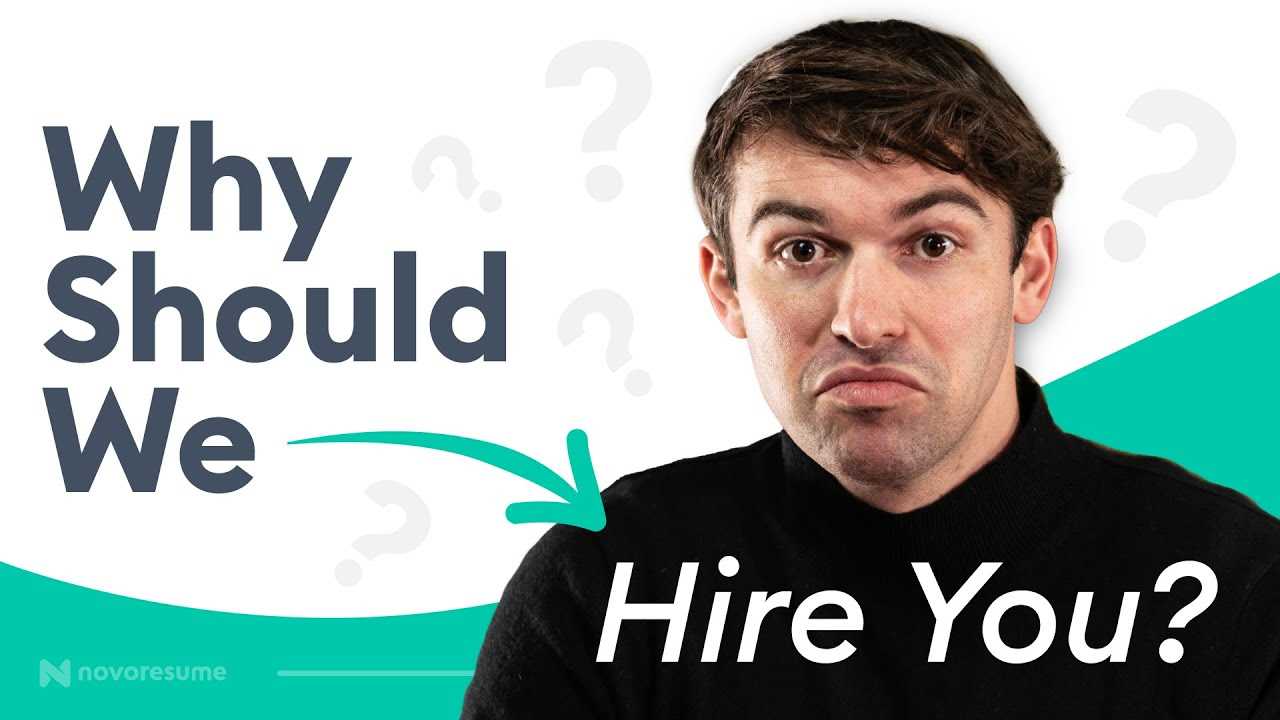
Effectively communicating your skills and qualities is essential in making a lasting impression during an interview. It’s important to present your thoughts clearly and concisely, ensuring the hiring manager understands your potential. Practicing your response helps refine your message and ensures you highlight the key points that align with the role.
Take time to rehearse your response multiple times, ideally in front of a mirror or with a friend. This practice allows you to gauge your tone, body language, and pacing. The goal is to sound confident and articulate while remaining natural and genuine. It’s not just about what you say, but how you say it. Clear communication shows you can express ideas efficiently, a valuable trait in any professional setting.
Structure Your Response
Organize your response with a clear structure to make it easy for the interviewer to follow. Start with a brief introduction of your background, followed by specific examples that demonstrate your skills and achievements. Conclude by tying your strengths to how they will benefit the company.
Practice with Feedback
Another effective way to prepare is by practicing with someone who can provide constructive feedback. They can help you identify areas where your response may lack clarity or where your message can be strengthened. This feedback helps ensure you’re effectively conveying your value.
How to Avoid Common Mistakes in Your Answer
When preparing to respond to an interview question, it’s essential to avoid common pitfalls that can weaken your impact. Many candidates make mistakes that detract from their strengths, such as providing vague responses or overloading the answer with irrelevant details. Understanding these pitfalls and learning how to sidestep them will help you present yourself in the best possible light.
One major mistake is being overly humble or self-deprecating. While modesty is important, underplaying your achievements can make it difficult for the interviewer to recognize your value. On the other hand, being too boastful or exaggerating your abilities can have the opposite effect, making you appear insincere. Striking the right balance is key–focus on providing genuine examples of how you can contribute to the organization.
Another common error is failing to tailor the response to the specific role or company. It’s crucial to research the employer’s needs and align your response with their priorities. Avoid giving a generic answer that doesn’t directly relate to the job description or company culture. Doing so shows that you understand the position and how your background fits the company’s objectives.
Lastly, avoid long-winded explanations. Keep your response concise and to the point. Interviewers appreciate candidates who can express their qualifications clearly without rambling. Practice structuring your response in a way that highlights your skills and experience in an organized, straightforward manner.